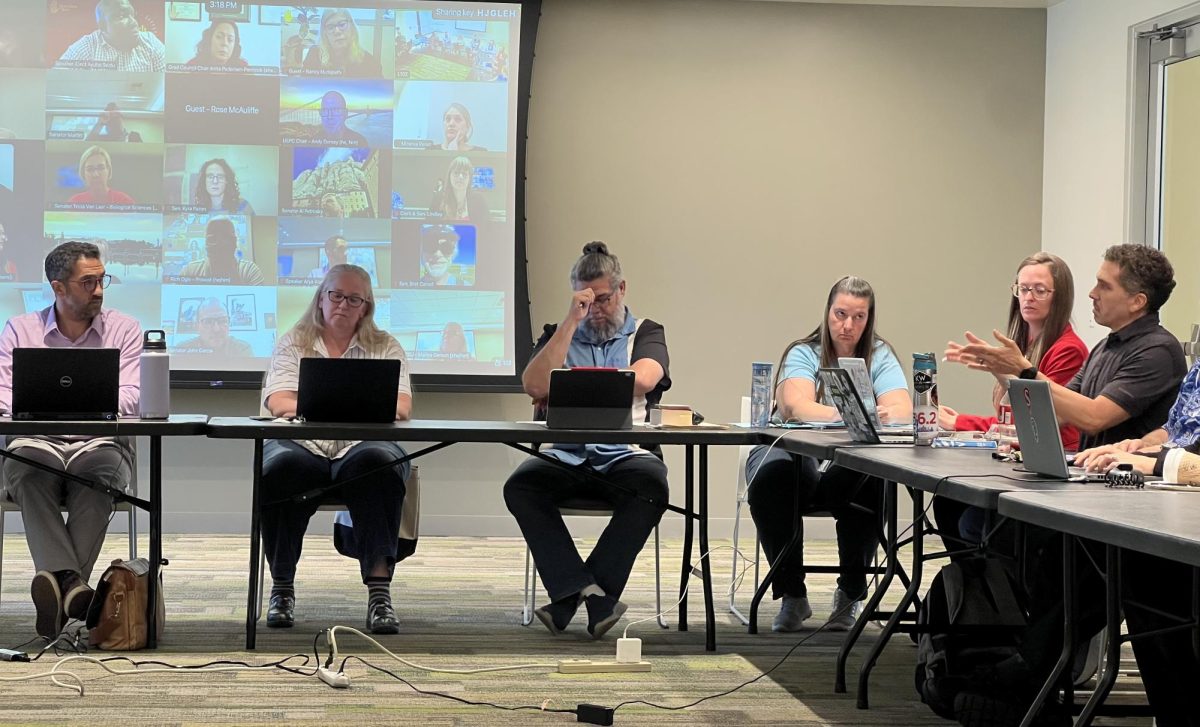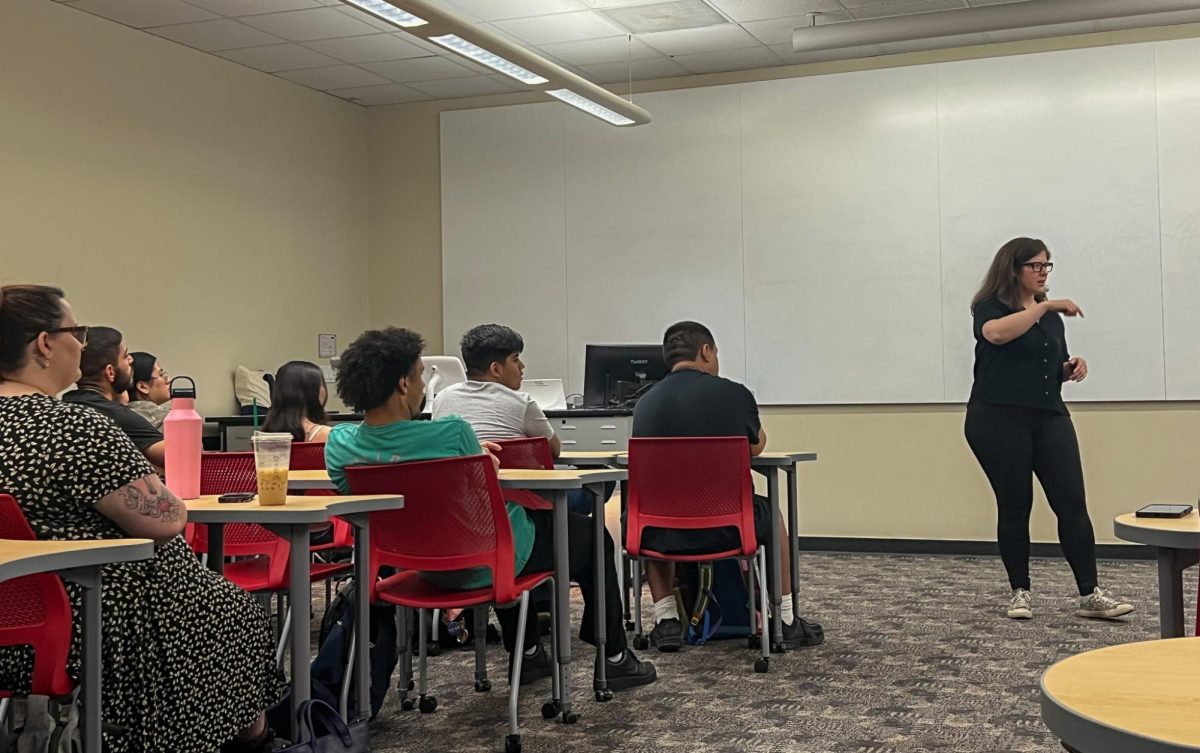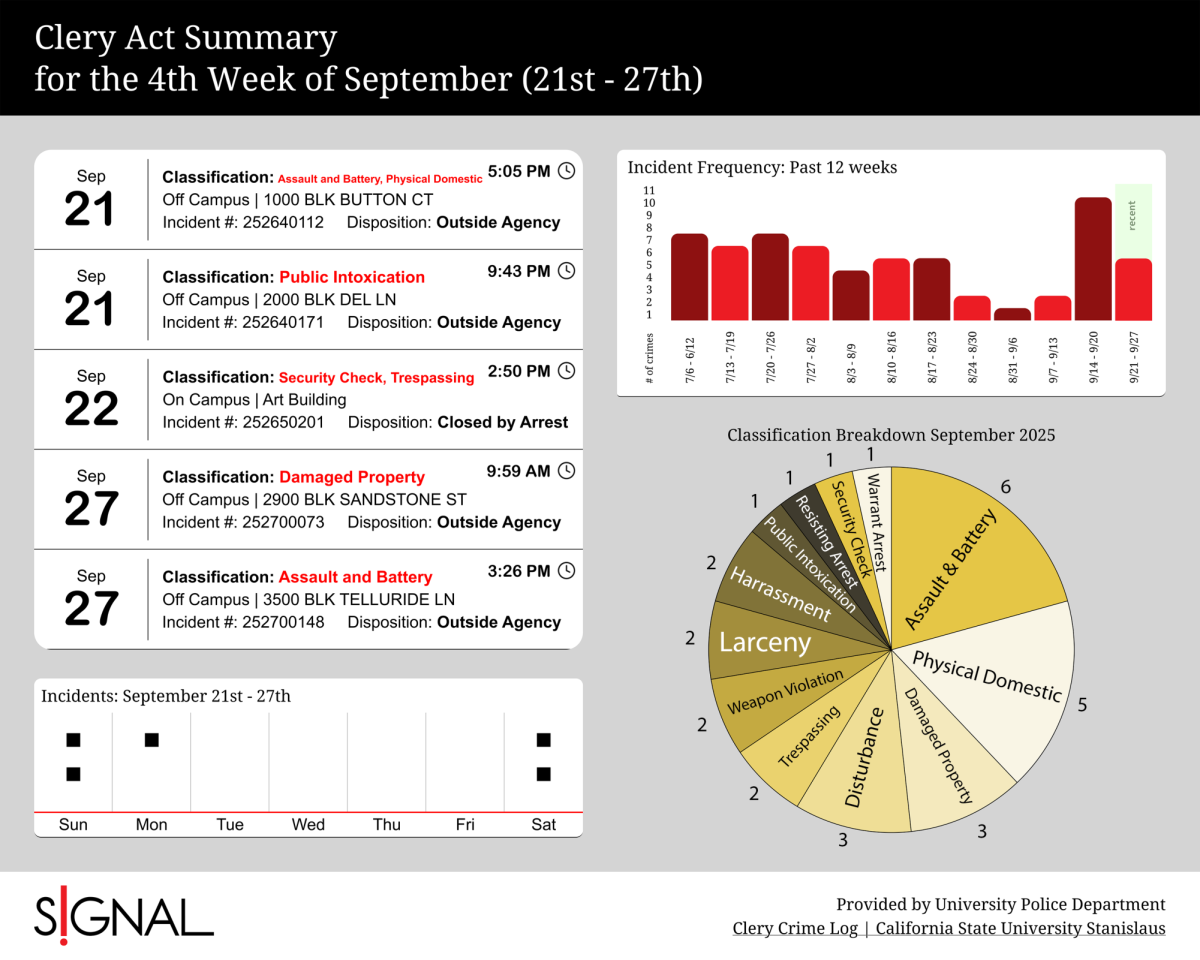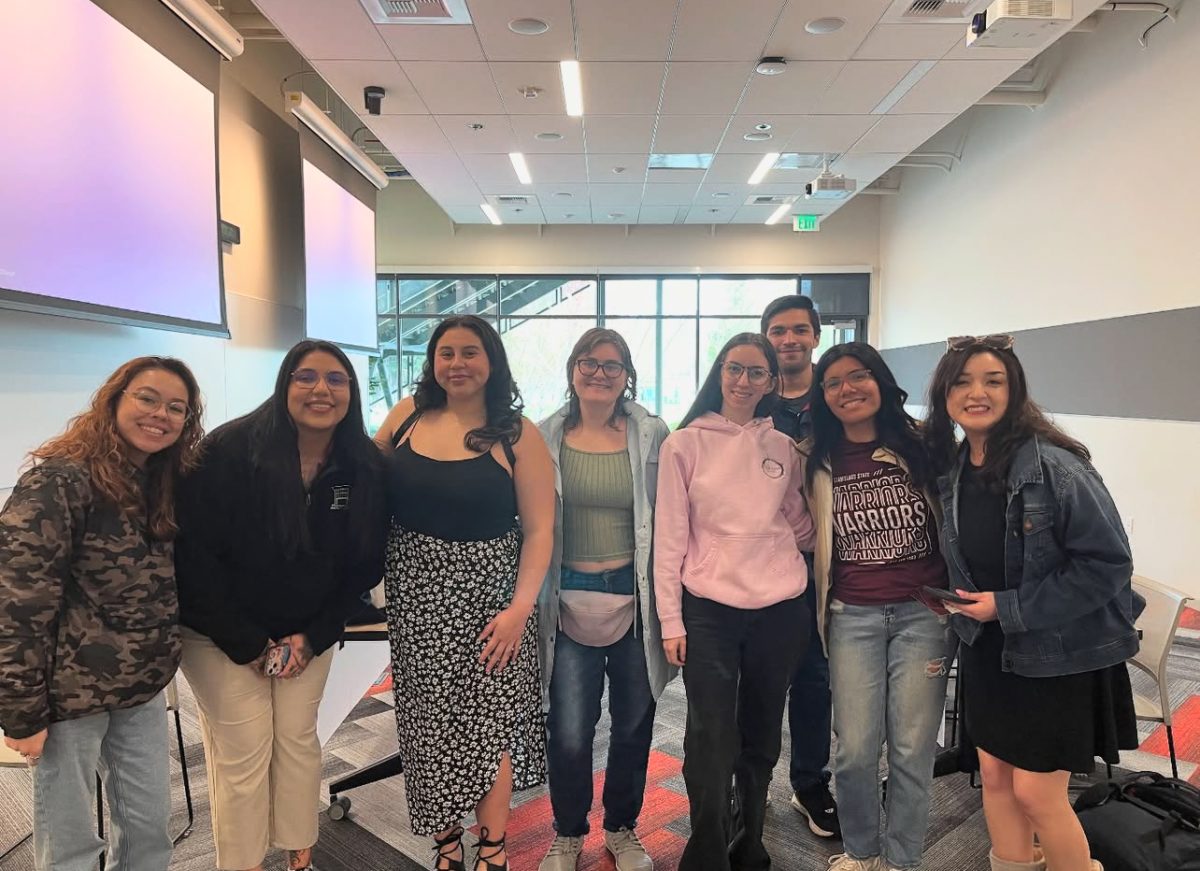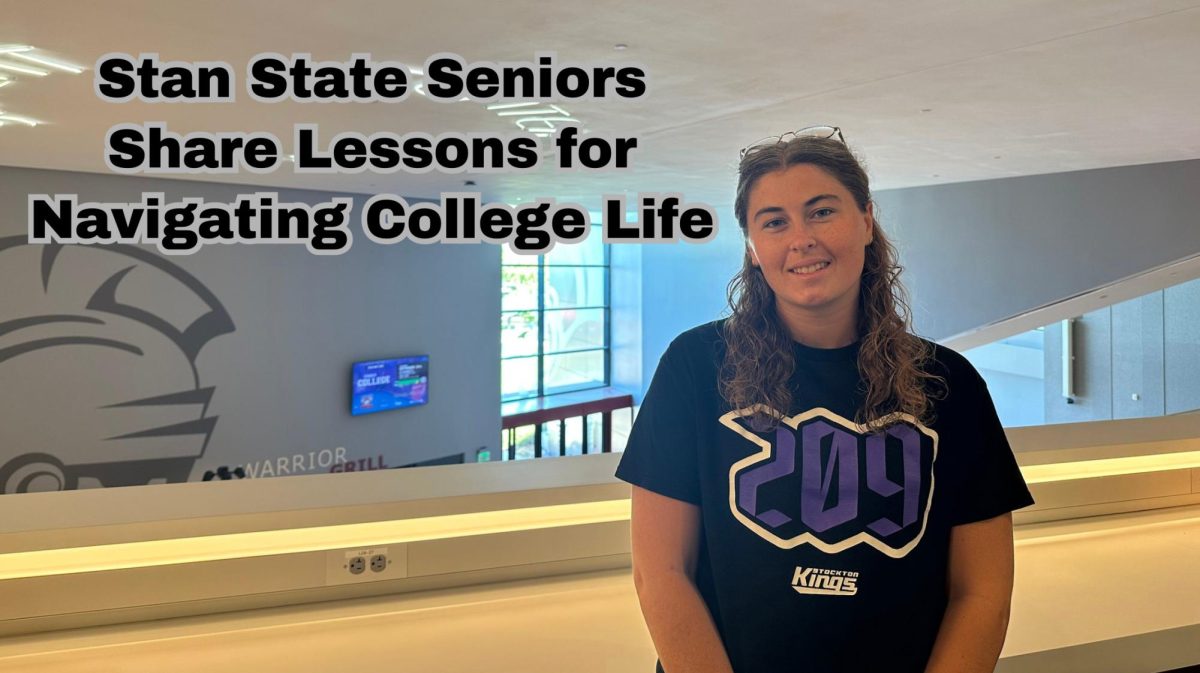In the midst of the pandemic, students living on campus have become subject to a new normal of restrictions where they once had guaranteed expectation of connection. This obligatory separation from their peers and deference from an established normal has held a distinct impact on their mentality.
According to Susan Brumm, one of Stan State’s mental health counselors of four years, some of the most common effects of the type of isolation students on campus are currently experiencing include, loneliness, missing friends, overthinking, and difficulty enjoying themselves. As she pointed out, “The restrictions around COVID have taken away a lot of the things that helped us cope.” A difficulty mirrored by the response of students.
Ryan Carr (senior, Instrumental Music Education) who lives here on campus expressed how his “dorm used to be a place of relaxation, now it’s everything and it’s hard to be productive.”
Students now find what was already stressful about college amplified by the absence of a distinct separation between a work and rest setting. Combine that with the lack of options as a result of the pandemic and they become trapped in a sense of loss.
Brumm points out that students hold an expectation of socialization when living on campus that when removed results in disappointment and grief. They become anxious and depressed and the current climate only amplifies their worries.
“Not really being able to leave, being on campus, reinforces the impact of COVID, that you can’t do things” (Ryan (senior, Instrumental Music Education).
And as Chad Sharrief (junior, Cognitive Studies) reveals, “I see all the cool events, and as a transfer, it leaves me sort of dry mouth like I’m getting something worthwhile but can’t take full advantage.”
COVID has also required students to shift their relationships to themselves, others, and their classes. There is a forced self-reliance required of this new social and academic setting that challenges students in a capacity they had not experienced prior.
Students have been presented with a new dependence on not only themselves, but also technology and when it does not work frustration continues to mount higher.
Something Brumm has witnessed in counseling is the questioning of value as a student, which is exacerbated by the new layer of difficulty of an online shift.
Some students have taken the online setting as a challenge or opportunity for growth. As Chad (junior, Cognitive Studies) views it, online learning can be a challenge to be better. Seeing the consecutiveness as “a little video game.”
For others, however, online just does not function well with their studies.
“No in-person classes is horrible. Music is so involved, and now I don’t [get] the in-person experience, it’s hard to click since you can’t hear it. The ways to teach the subject don’t function well online” Ryan (senior, Instrumental Music Education).
Students miss being in class and the sense of community face-to-face interaction fosters. There is a form of mental disconnect with Zoom classes, and even the act of remaining after to ask questions begins to feel uncomfortably intentional in ways one would not expect.
People do not get to linger with their peers or speak in a public space. They are in these on-camera meetings that constantly feel high stakes, and stress levels rise with it.
Even self-confidence and confidence in their studies has taken a hit because COVID has created a situation where, as Brumm explains, the situation itself is more difficult, but students often translate it into a personal deficit instead.
People are forced to work with a situation that does not necessarily work, and when needs clash with capability, they become upset with themselves and the circumstances.
Brumm offers some advice on adjusting to and dealing with the new normal under the pandemic.
Develop a routine, give yourself structure for asynchronous classes. Do healthy things every day. Express gratitude. Give yourself time away from screens. Eat and hydrate. Set small goals and work on them to keep moving forward. Reach out to others. Use online office hours and the learning commons. Participate in campus events. Use social media wisely. Talk about feelings, including positives.
Resources to work with include Tao Connect an online self-help resource and Daily Quarantine Questions which provides a list of things to ask yourself every day when dealing with pandemic conditions. Stan State’s Psychological Counseling Services are also still accessible, adding two new counselors to the staff to adjust to demand.
Students have always felt a level of anxiety and stress with their studies, and the limitations bound by pandemic conditions has not helped.
Categories:
Student Limitations in the Time of a Pandemic
Essence Saunders
•
September 29, 2020
0
More to Discover


